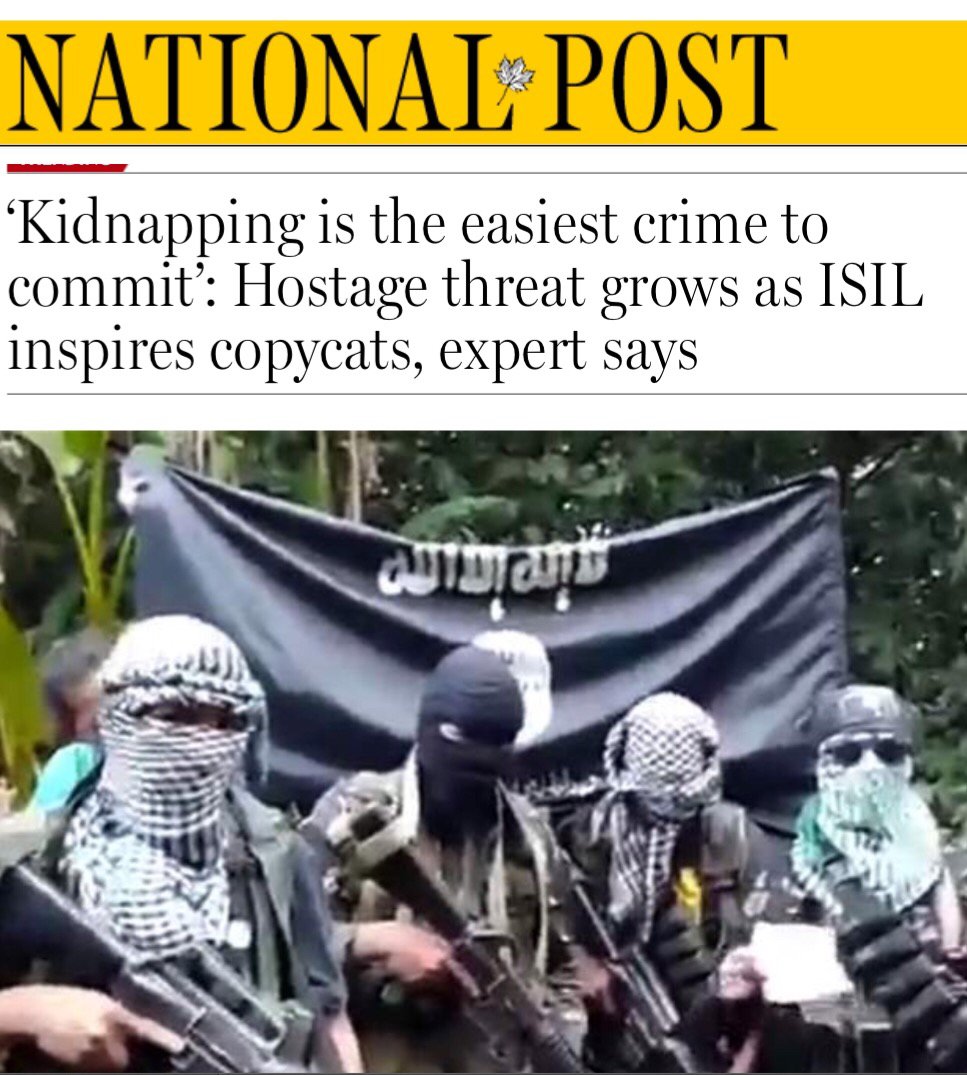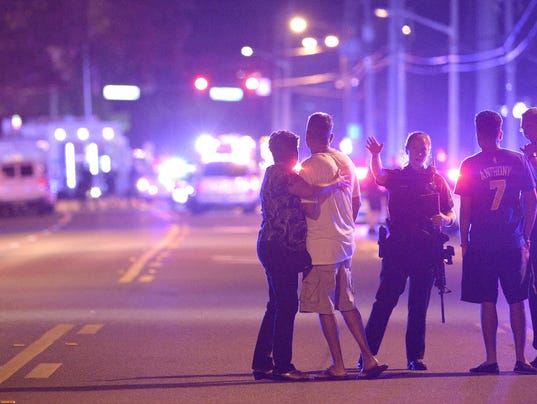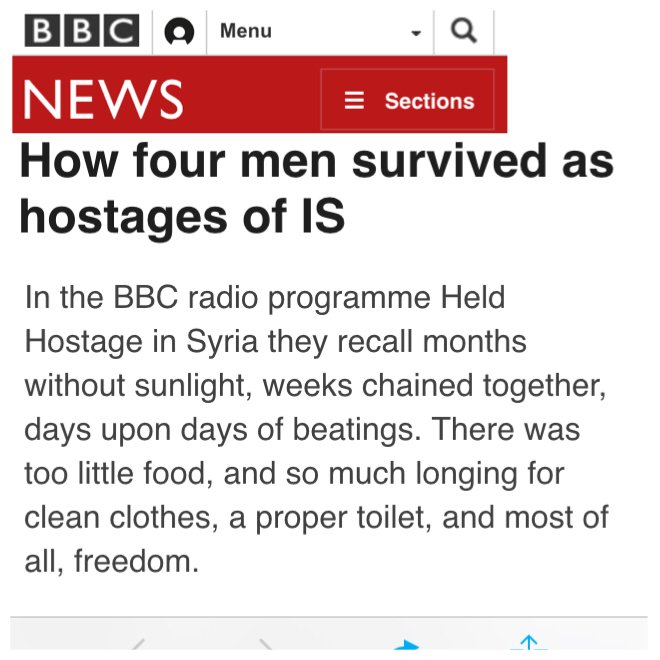STANLEY ALPERT
Stanley Alpert is a former federal prosecutor and the author of "The Birthday Party," a memoir about how he survived being kidnapped on his 38th birthday. Alpert spent 25 hours held hostage by men who offered him drugs and threatened to kill his father, but he eventually convinced them to release him. Using clues he had memorized while captive, Alpert then lead FBI and NYPD agents to his kidnappers within mere hours. Alpert is also an environmental lawyer and a former federal prosecutor.
Big Think's interview with Alpert, in which he recounts his experience and gives advice about how to survive a kidnapping, is part of our Ultimate Survivor Stories series.
More at BigThink.com [HERE].







